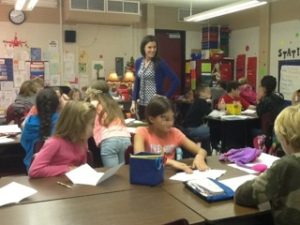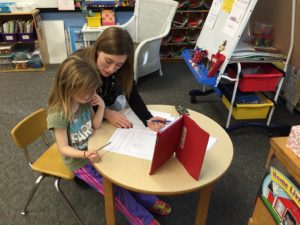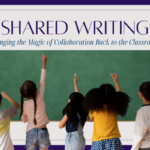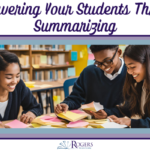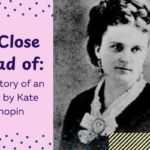This might be bold, but I know what the most important part of conferencing in a Writer’s Workshop is. Your gut reaction to the students’ writing is, in my humble opinion, the most important part. It is, also, often left out of discussions on how to conference in a Writers’ Workshop.
I argue that writing is personal, especially with the autonomy created by a Writers’ Workshop model. Therefore, sharing that writing, putting it out there to have your work, ability, and opinions judged, is incredibly tough and impossibly nerve-wracking. Think about it from your position. Go back to your last job interview, audition, speech, or big presentation. How did you feel standing in front of an audience? Most of us would be nervous, wondering what our audience is thinking about us and about our work. Being judged is never easy, regardless of experience and age. Remember this when we put our sweet little students in this same position during a conference, and let’s give them what they want: an appropriate reaction.
In Writers’ Workshop, this means that we respond to a student’s personal story with a personal response that will create a safe space for a young writer to continue to grow. If the student writes a story about something funny that happened to them, laugh. If they write a story about handling grief, express concern. If they build suspense in their story, show excitement. By responding appropriately, you are giving your student the best feedback and gift they could ask for. They will be encouraged by the fact that their writing ‘worked’ and that they were able to stir up the appropriate response in their audience.
After my initial reaction, I like to make a personal connection with the student. I might say, “Oh, my goodness. I know how tough you are, so if you felt like this I know how bad it must have been.” This lets my students know that I know them, that I think about them, and I’m interested in their lives. It’s not an act for me when the students are in my class – they’re “my kids”. But by making these connections with them, they understand how I feel and our relationship is forever stronger.
I know this, because even if it has been a month since I last visited one of the schools I consult for, students will see me in the hallway and can barely contain themselves. They’ll jump out of line and risk the ensuing punishment for doing so, and rush over to tell me about their writing. They can’t keep it contained. They want to tell me how they added more to a specific part and they think I’ll laugh even harder when I hear it! Challenge accepted.
Once you have powerfully connected to this student and their writing, they will get so much more out of guidance and instruction for the rest of the conference. Promise!
Students just want what we want – a personal connection and a feeling of value. Genuinely create this with your students, and they’ll be fighting to share their work with you! Here’s what I tell the teachers I work with:
“Conferencing is hard. Mistakes will be made. It will get easier. Just always, give the students the best gift – your reaction.”
